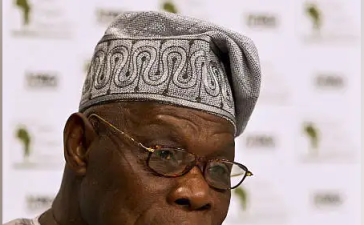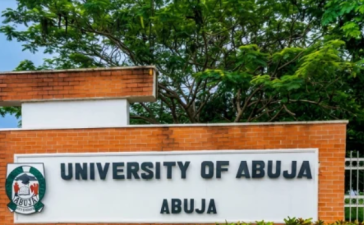The Academic Staff Union of Universities (ASUU), Bauchi Zone, has raised concerns over what it described as the Federal Government’s poor commitment to resolving long-standing issues affecting Nigeria’s university system.
The union warned that another nationwide strike may be imminent if urgent actions are not taken.
Speaking during a press conference at Plateau State University (PLASU), Bokkos, on Saturday, November 15, 2025, the zonal coordinator, Timothy Namo, said the government had shown little interest in addressing critical issues despite the suspension of ASUU’s two-week warning strike declared on October 13, 2025.
Namo recalled that ASUU suspended the strike on October 21 after its National Executive Council (NEC) held an emergency meeting where the union noted massive support from students, the media, labour unions, the National Assembly, and other concerned Nigerians. He said the suspension was meant to create space for meaningful engagement.
However, he lamented that “barely one week to the expiration of the four-week window given to the government, nothing substantial has been achieved.”
According to him, the NEC meeting held from November 8 to 9 at Taraba State University rejected the government’s proposed salary increase, describing it as “a drop in the ocean, far below expectations to reverse the brain drain syndrome that has crippled the university system across Nigeria.”
While acknowledging some progress on non-monetary issues in the renegotiation process, he stressed that the most critical components—salaries and working conditions—remain unresolved. He also accused some government officials of attempting to frustrate negotiations.
“There is no sufficient evidence from the government’s response so far to suggest that education is a priority in Nigeria and that the government truly desires to avert a crisis in the universities,” Namo stated.
Namo criticised the partial payment of promotion arrears dating back to 2017 and the release of third-party deductions, saying these gestures do little to rebuild trust. He also faulted the government’s claims of inadequate funding, citing substantial revenue increases.
He disclosed that states received ₦3.92 trillion in 2022 and ₦5.81 trillion in 2024, while the Federal Government received ₦3.42 trillion in 2022 and ₦4.65 trillion in 2024—representing increases of more than 62 per cent and 70 per cent respectively.
“These statistics confirm that it is not lack of funds but lack of political will and misplacement of priorities that make education suffer in Nigeria,” he maintained.
The union called on traditional rulers, civil society groups, student unions, the Nigeria Labour Congress, and the National Assembly to intervene to prevent another crippling disruption of academic activities.
Namo urged the government to use the remaining days of the negotiation window wisely, insisting that massive investment in education remains the surest path to safeguarding the nation’s future.
ASUU had suspended its two-week warning strike on October 21, 2025, after receiving renewed assurances from the Federal Government and the National Assembly to address its longstanding demands.







